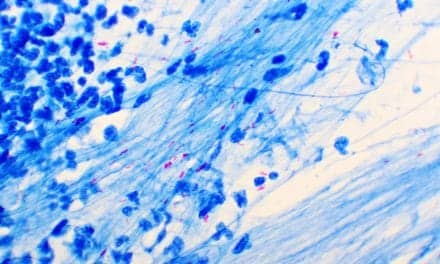A new publication in Formulary Journal suggests that the high pathogenicity of Middle East Respiratory Syndrome (MERS) may be due, in part, to an innate immune deficiency state that results secondary to inhibition of a first responder to viral infection, interferon (IFN), at an early step in MERS infection.
Correcting the defect in immunity may be the first significant way to decrease MERS-associated mortality, according to the article, “MERS, an interferon innate immunity state, continues to surge,” which was authored by scientists and affiliates of Hemispherx Biopharma.
Recent Hemispherx collaborations with the National Institutes of Health (NIH), specifically National Institutes of Allergy and Infectious Disease (NIAID), using human cells in culture suggest that Alferon N may be effective either as a preventative or treatment of early MERS infection, according to the company.
Treatment late in the course of human highly lethal coronaviral infections (MERS/SARS) is unlikely to alter the diseases course as, by then, the host immune system has already been severely disabled, Hemispherx says. Going forward, clinical protocols will need to be established to evaluate various systemically therapeutic options rather than by isolated treatments of certain infected individuals as are currently employed.
MERS-CoV is a recently emerged human coronavirus responsible for the lethal pulmonary syndrome known as MERS. Globally, over 800 cases of infection with MERS-CoV have been reported, including at least 310 deaths.
Hemispherx plans to expand its MERS experimental testing program as quickly as possible, including animal and in vitro experiments testing Alferon N and Ampligen against the MERS virus.









